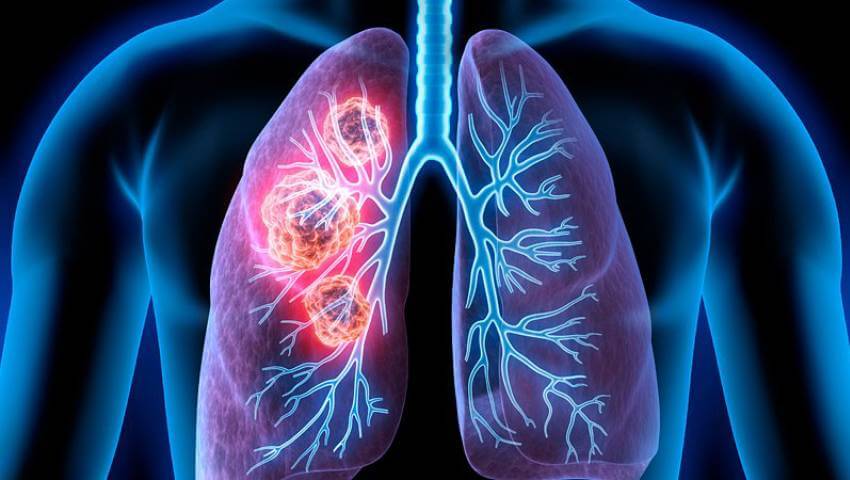Bad air quality increases risk of lung cancer in non-smokers: Lancet study
Thu 06 Feb 2025, 00:12:03

A recent study published in The Lancet Respiratory Medicine journal on World Cancer Day revealed that cases of lung cancer among those who never smoked is on the rise. This increase could be due to air pollution. The study included researchers from the International Agency for Research on Cancer (IARC) and the World Health Organization (WHO).
For the study, researchers analysed data including those from the Global Cancer Observatory 2022 dataset to estimate national-level lung cancer cases for four subtypes; adenocarcinoma, squamous cell carcinoma, small- and large-cell carcinoma.
The researchers found that adenocarcinoma which is a cancer that starts in glands that produce fluids such as mucus and digestive ones has become the dominant subtype among both men and women. The sub-type of lung cancer was also found to account for 53-70 per cent of lung cancer cases in 2022 among never-smokers around the world.
The authors of the study said that compared to other subtypes of lung cancer, the risk of adenocarcinoma is considered to be weakly related to cigarette smoking. They wrote, "As smoking prevalence continues to decline in many countries worldwide, the proportion of
lung cancer in people who have never smoked has increased.
lung cancer in people who have never smoked has increased.
Freddie Bray, head of the cancer surveillance branch at IARC and lead author said, "Changes in smoking patterns and exposure to air pollution are among the main determinants of the changing risk profile of lung cancer incidence by subtype that we see today."
The authors of the study said that lung cancer in people who have never smoked is estimated to be the fifth leading cause of cancer-related mortality worldwide, occurring almost exclusively as adenocarcinoma and most commonly in women and Asian populations.
They said, "In 2022, we estimated that there were 908 630 new cases of lung cancer worldwide among female individuals, of which 541 971 (59.7 per cent) were adenocarcinoma."
Further, among the women diagnosed with adenocarcinoma, 80,378 could be traced to ambient particulate matter (PM) pollution in 2022 globally.
Bray said, "The diverging trends by sex in recent generations offer insights to cancer prevention specialists and policy-makers seeking to develop and implement tobacco and air pollution control strategies tailored to high-risk populations."
No Comments For This Post, Be first to write a Comment.
Most viewed from Health
AIMIM News
Latest Urdu News
Most Viewed
May 26, 2020
Do you think Canada-India relations will improve under New PM Mark Carney?
Latest Videos View All
Like Us
Home
About Us
Advertise With Us
All Polls
Epaper Archives
Privacy Policy
Contact Us
Download Etemaad App
© 2025 Etemaad Daily News, All Rights Reserved.






























